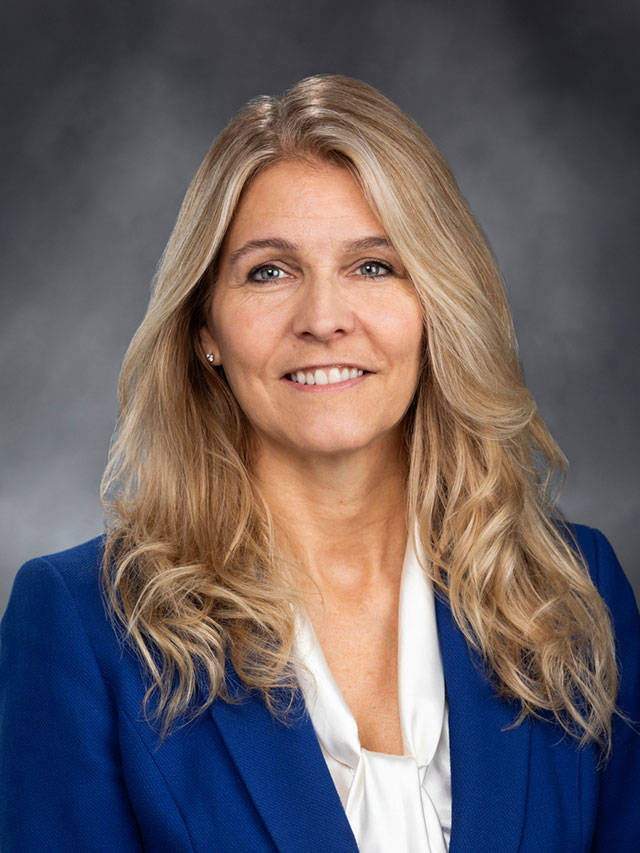Kent has planted the seed in new ground for foster youth care.
And now it needs someone to help it grow.
The Mockingbird Society – a nonprofit organization whose mission is to improve foster care and end youth homelessness – has secured state funding to establish its first foster family “constellation” in Kent.
A community-wide effort, the Keep Our Kids In Kent With Mockingbird Family is looking for a qualified foster parent to make it go. Project leaders have been scrambling to find that experienced “hub home” provider as it approaches a deadline to utilize funding from the Department of Children, Youth and Families (DCYF).
“It has actually been quite difficult,” said Fernando Clara, director of practice innovation for The Mockingbird Society. “Historically, it’s been difficult to recruit foster parents in that area. … We’re trying to get people interested but also reaching out to those foster parents in that area who might be interested in taking up that role.”
It’s a key role, the center component in the Mockingbird model that works like a wheel, with connecting parts. At the middle is a experienced “hub home” provider who supports 6-to-10 “satellite” foster families to form a constellation. Hub homes are crucial in that they provide respite care, organize monthly gatherings for families and become the “go-to” haven for foster parents and youth when they have questions, are dealing with problems or just want to talk.
The model is designed to support, develop and retain quality foster families who can meet the challenging and complex needs of foster children and youth. The idea is to give foster youth a chance at a safe, typical childhood experience with a supportive family structure.
Too many foster youth leave Kent and their familiar surroundings in the current foster care placement system. Many students commute long distances to attend schools and activities, consuming a great part of their day. Mockingbird’s innovative “extended family” model, as project leaders explained, goes far in keeping foster kids living and growing up in the same neighborhoods.
“It is so clear to me that we need so much more support for foster youth,” said Rep. Tina Orwall, D-Des Moines, a project supporter who represents Kent and neighboring cities in the House’s 33rd legislative district. “Getting up a hub home is a great first step when I look at how many kids leave our area, which means leaving their schools, their friends, their families. It’s very sad.”
Ariel Bosfield was one of those students who made the long commute each day to attend Kentridge High School. Bosfield entered foster care at age 13 and traveled from Kirkland to Kentridge for school to stay with her classmates and friends after moving foster homes.
She graduated last spring and plans to study communications and social work at Bellevue College.
“I wanted to be at a school long enough to feel stable,” Bosfield said in a Kent School District Meet the Class of 2019 online story. “It’s one of the few things I had control over.”
Bosfield and other foster youth could have benefited from the Mockingbird model, project leaders say.
“She is the perfect example as to why we are trying to keep kids in Kent,” said Jim Berrios, a project supporter and Kent businessman who works with struggling youth. “She went back and forth to Kirkland and wanted to really graduate with her class.
“That’s what drive us, that’s why we are trying to make this a success here.”
Local agencies, civic and faith-based groups, schools and nonprofit organizations are among the stakeholders that have joined a collaborative plan in Kent.
“It’s such a great community,” Orwall said. “My hope is once we get a family on board that they are going to see that there is a lot of support for this model to be successful. … For those who have done foster care, hopefully they can see there’s a new way of doing it where they won’t feel alone or isolated, where they will feel that support.
“That first step has been challenging, but I think it will lead to many more families being engaged. I think it will build on its own success.”
DCYF has put up about $26,000 to cover just the annual basic costs of the hub home for at least the next three years, Clara said, funds that will provide a firm foundation from which to start.
“Once it gets up and running, they will see the benefit of it,” Clara said, “and support it.”
Talk to us
Please share your story tips by emailing editor@kentreporter.com.
To share your opinion for publication, submit a letter through our website https://www.kentreporter.com/submit-letter/. Include your name, address and daytime phone number. (We’ll only publish your name and hometown.) Please keep letters to 300 words or less.

